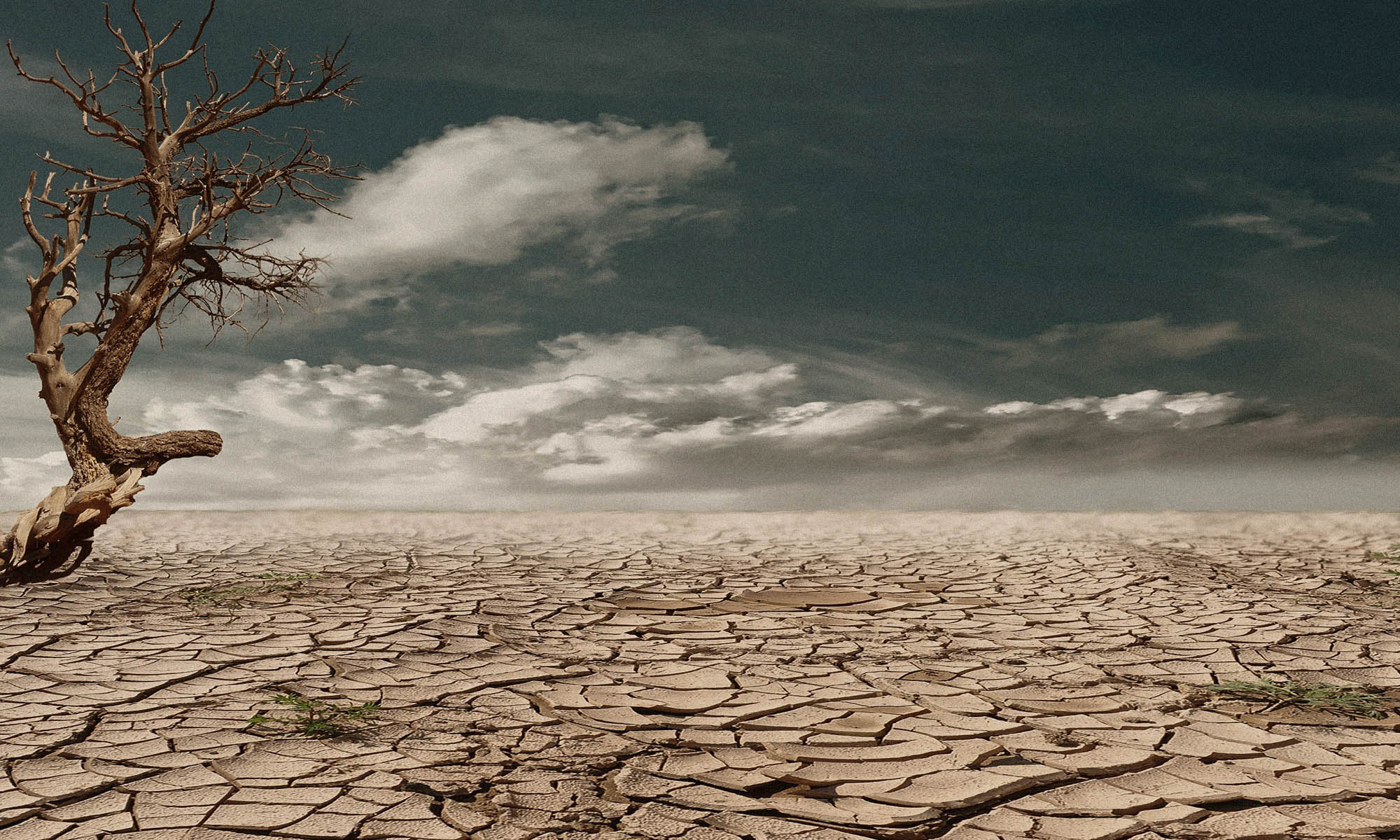Amy Lockwood, the Deputy Director of the Center for Innovation in Global Health at Stanford’s School of Medicine, has drawn up a suggested reading list for those wanting to start understanding development, aid, and poverty. Here are her suggestions:
The White Man’s Burden: Why the West’s Efforts to Aid the Rest Have Done So Much Ill and So Little Good (2006)
by William Easterly
The End of Poverty: Economic Possibilities for Our Time (2006)
by Jeffrey Sachs
The Bottom Billion: Why the Poorest Countries are Failing and What Can Be Done About It (2007)
by Paul Collier
The Fortune at the Bottom of the Pyramid: Eradicating Poverty Through Profits (2009)
by C.K. Prahalad
Creating a World Without Poverty: Social Business and the Future of Capitalism (2009)
by Muhammad Yunus
Out of Poverty: What Works When Traditional Approaches Fail (2009)
by Paul Polak
Dead Aid: Why Aid is Not Working and How There Is a Better Way for Africa (2009)
by Dambisa Moyo
Poor Economics A Radical Rethinking of the Way to Fight Global Poverty (2011)
by Abhijit Banerjee & Esther Duflo
Development As Freedom (2000)
by Amartya Sen
Good to Great and the Social Sectors (2005)
by Jim Collins
To read the reasoning and short introductions to each, go to the original article at http://www.ssireview.org/blog/entry/the_top_10_books_on_the_economics_of_poverty


 Solar power can be distributed to poor households by 2020
Solar power can be distributed to poor households by 2020